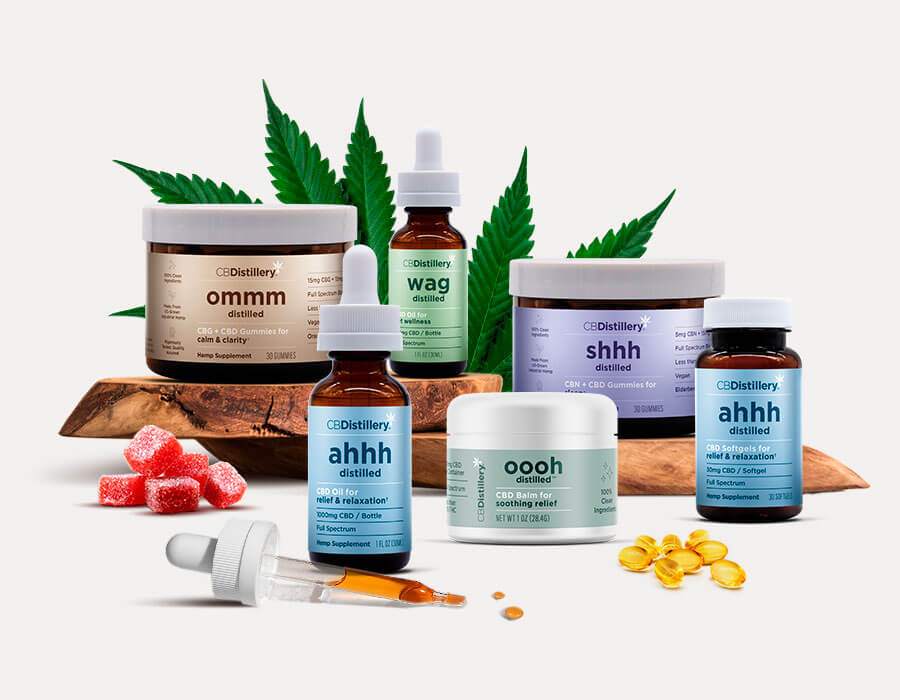Written by Casco Bay Hemp
In the dynamic landscape of health and wellness, the discussion around the potential benefits of cannabis medicine compared to pharmaceuticals has gained substantial attention.
As we explore this intersection of science and well-being, let’s delve into key questions surrounding the supplementation of cannabis medicine and its potential advantages.
Is Cannabis a Viable Alternative to Opioids?
The opioid crisis has spurred interest in finding alternative pain management strategies, and cannabis has emerged as a potential contender. Scientific studies, including a report by CNN, suggest that cannabis may offer harm reduction benefits, potentially serving as an alternative to opioids in certain cases.
Opioids, while effective for pain relief, come with a risk of addiction and adverse side effects. Cannabinoids, the active compounds in cannabis, interact with the endocannabinoid system, influencing pain perception. This interaction has led to investigations into whether cannabis could provide relief without the concerning drawbacks associated with opioids.
Medication Replacement Potential: What Can CBD Replace?
CBD, a non-psychoactive cannabinoid found in cannabis, has garnered attention for its potential to replace certain medications. Research, such as studies published on PubMed Central, indicates that CBD may have therapeutic effects on conditions such as anxiety, sleep disorders, and chronic pain.
The adaptability of CBD in managing various health issues suggests it could serve as a substitute for medications commonly prescribed for these conditions. However, it’s essential to approach such considerations with consultation from healthcare professionals, ensuring a well-informed and personalized approach to health management.
Doctor Recommendations vs. Prescriptions: Why Choose Cannabis?
An intriguing aspect of cannabis medicine is the preference for doctor recommendations over traditional prescriptions. This shift in language is rooted in the legal classification of cannabis. Due to federal regulations, doctors often provide recommendations rather than prescriptions, allowing patients access to medical cannabis where permitted.
This unique approach reflects the evolving understanding of cannabis as a therapeutic tool. As regulations adjust to align with scientific insights, the distinction between recommendations and prescriptions may evolve, potentially broadening access to cannabis-based therapies.
Safety Considerations: Is Cannabis Safer Than Pharmaceuticals?
Assessing the safety profile of cannabis versus pharmaceuticals involves a nuanced examination. While cannabis is generally well-tolerated, it’s not without its own set of considerations. The psychoactive effects of THC, another prominent cannabinoid, can impact cognition and coordination, and high doses may lead to discomfort.
On the other hand, pharmaceuticals undergo rigorous testing to ensure safety and efficacy. However, they may come with a range of side effects and the potential for dependency. The safety comparison between cannabis and pharmaceuticals often depends on the specific context, condition, and individual characteristics.
CBD in Recovery: A Science-Based Perspective
In the realm of substance use recovery, the potential role of CBD has been explored. Research, such as studies available on PubMed Central, suggests that CBD may have anxiolytic and sleep-promoting properties, potentially supporting individuals in recovery.
The adaptogenic nature of CBD, interacting with the endocannabinoid system, provides a potential avenue for managing stress and sleep disturbances commonly associated with recovery. However, it’s crucial to emphasize that CBD should be viewed as a complementary tool within a comprehensive recovery plan, under the guidance of healthcare professionals.
Conclusion: Navigating Choices with Informed Insight
As we navigate the landscape of health choices, the supplementation of cannabis medicine for pharmaceuticals invites a thoughtful exploration. Scientific studies and evolving regulations contribute to a nuanced understanding of the potential benefits and considerations associated with cannabis-based therapies. It’s crucial to approach such decisions with an informed perspective, consulting healthcare professionals to ensure personalized and well-rounded care.



